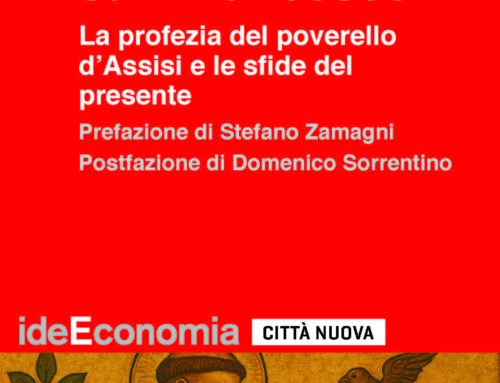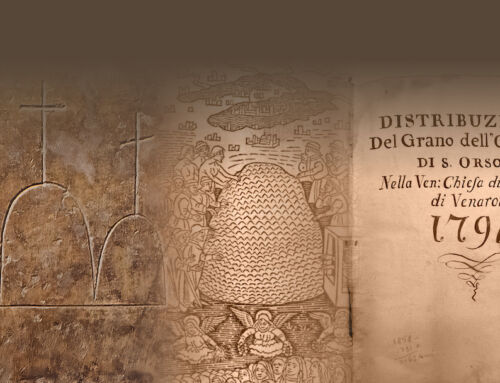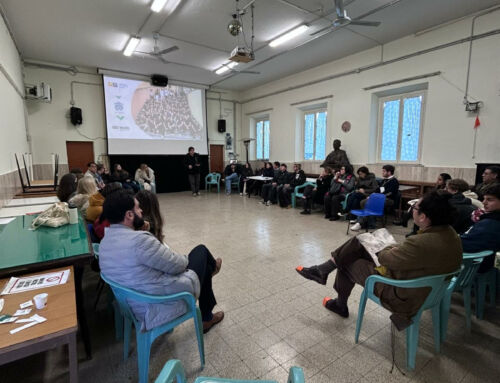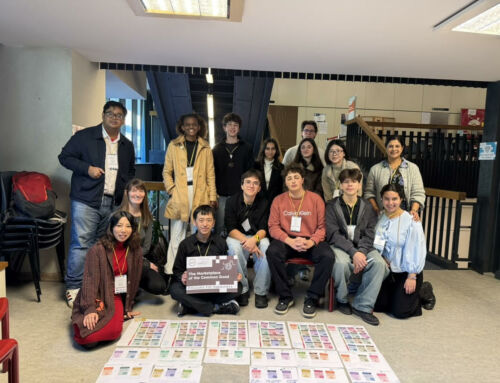Our Holy Door?
Another economy to walk through
article by Luca Iacovone,
published in the Economia Civile insert of Avvenire on 26 February 2025
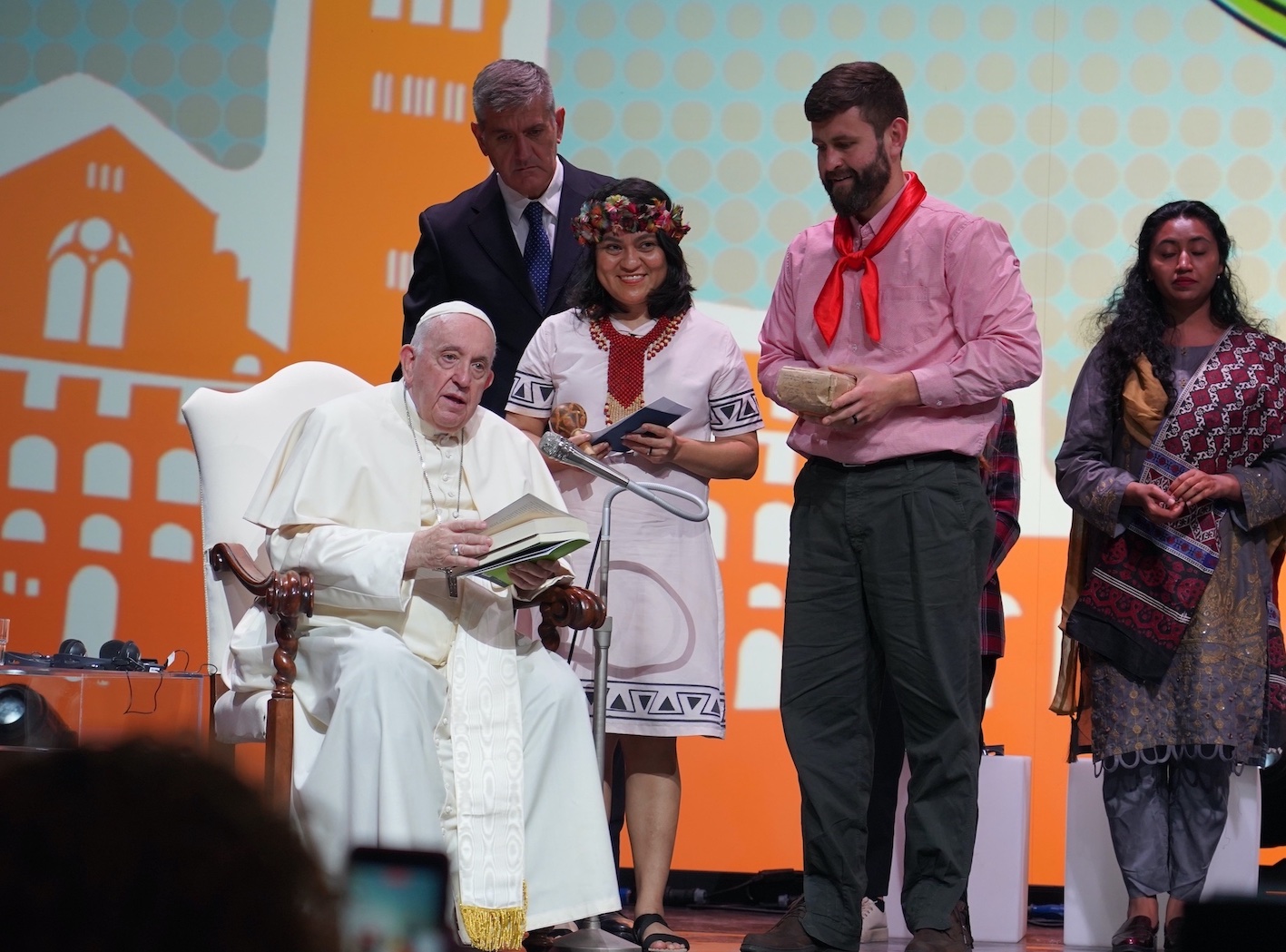
The economy is still a closed door. It is the domain of those who master its language and move its complex gears, while many remain excluded. But the Pope’s intuition with the Economy of Francesco points in the opposite direction: the economy concerns everyone, starting with the youngest.
That is why we, too, with the Economy of Francesco have set out this year. But the door that we would like to open together with the Pope is that of a Jubilee that becomes a model for a new economy. For an economy that is no longer an impassable door for the weakest, but becomes a place of justice, respite, restitution.
Yet, the biblical Jubilee would seem to describe a time without an economy, a year in which the economy must step aside. The land is allowed to rest and the slaves are freed: the wheels of production come to a halt. Lands return to their former owners, as if to disprove and undo the economic transactions that had shifted the ownership of goods in previous years.
It would thus seem to be an uneconomic moment, in which not only is the market suspended and productivity halted, but also the laws that regulate exchange are overturned.
Instead, with the Economy of Francesco we believe the exact opposite: the Jubilee is an economic prophecy. It is not an interruption of the economy, but a refounding of it. It reminds us that the economy is not an end but an instrument, a necessary call at a time when the economy threatens to devour work, time and land.
The time of rest, the Shabbat, is not a suspension of the economy, but its most authentic expression. It reminds us that the economy is not just about efficiency and profit maximisation, but about relational goods and gratuitousness: only when it becomes capable of incorporating this dimension does it truly fulfil itself. Rest is not the opposite of producing, it is what allows the economy to exist in a sustainable manner.
And today? Do we have the courage to imagine an economy that knows how to stop, that does not exhaust people and the planet, that recognises the value of pause, of giving back, of sharing?
This is the message we want to bring to the Jubilee of 2025, to say that the Jubilee can become a concrete economic model. A model that gives back, that frees, that recognises the limits and value of time.
In the Catholic Jubilee there is a further essential dimension, that was not made explicit in the biblical texts, but that today deeply questions economics: pilgrimage. Pilgrimage is not just a spiritual path, but a way of life. And, today more than ever, an economic model. We are particularly attached to this intuition since, in the autumn of 2023, Pope Francis addressed the young people of the Economy of Francesco with words that have marked our journey: ‘The pilgrim’s path has always been risky, interwoven with trust and vulnerability. Those who undertake it must soon recognise their dependence on others along the way: thus, you understand that economics too is a beggar of other disciplines and knowledge.’ It is in this awareness that the urgency to rethink economic models in the light of fragility, sharing and reciprocity arises.
The pilgrim economy is the opposite of the economy of accumulation and control. It does not move with useless burdens, does not seek security in assets, and does not close itself off in the presumption of self-sufficiency. Those who are on the way know that they will need others, that the road can never be travelled alone, and that the goal can only be reached in the awareness of one’s own vulnerability. In a time that has accustomed us to thinking of the economy as a matter of data, graphs, and profit, it is necessary to put relationship, care, the construction of a common good that is not merely the result of individual interests, back at the centre.
These will be the main themes we are also addressing in the 2025 edition of the Economy of Francesco School, entitled Pilgrims of Change, which is already underway. An experience that takes up the Pope’s invitation and translates it into a concrete path. A way of saying that the economy, like the pilgrim, cannot stand still: it must set out.
Our Holy Door is the economy, and we are ready to cross it, on foot. In Rome, in the Academy, in universities and in our places of daily commitment, we want to cross this threshold. It will not be an immediate passage, but it is the necessary path.

